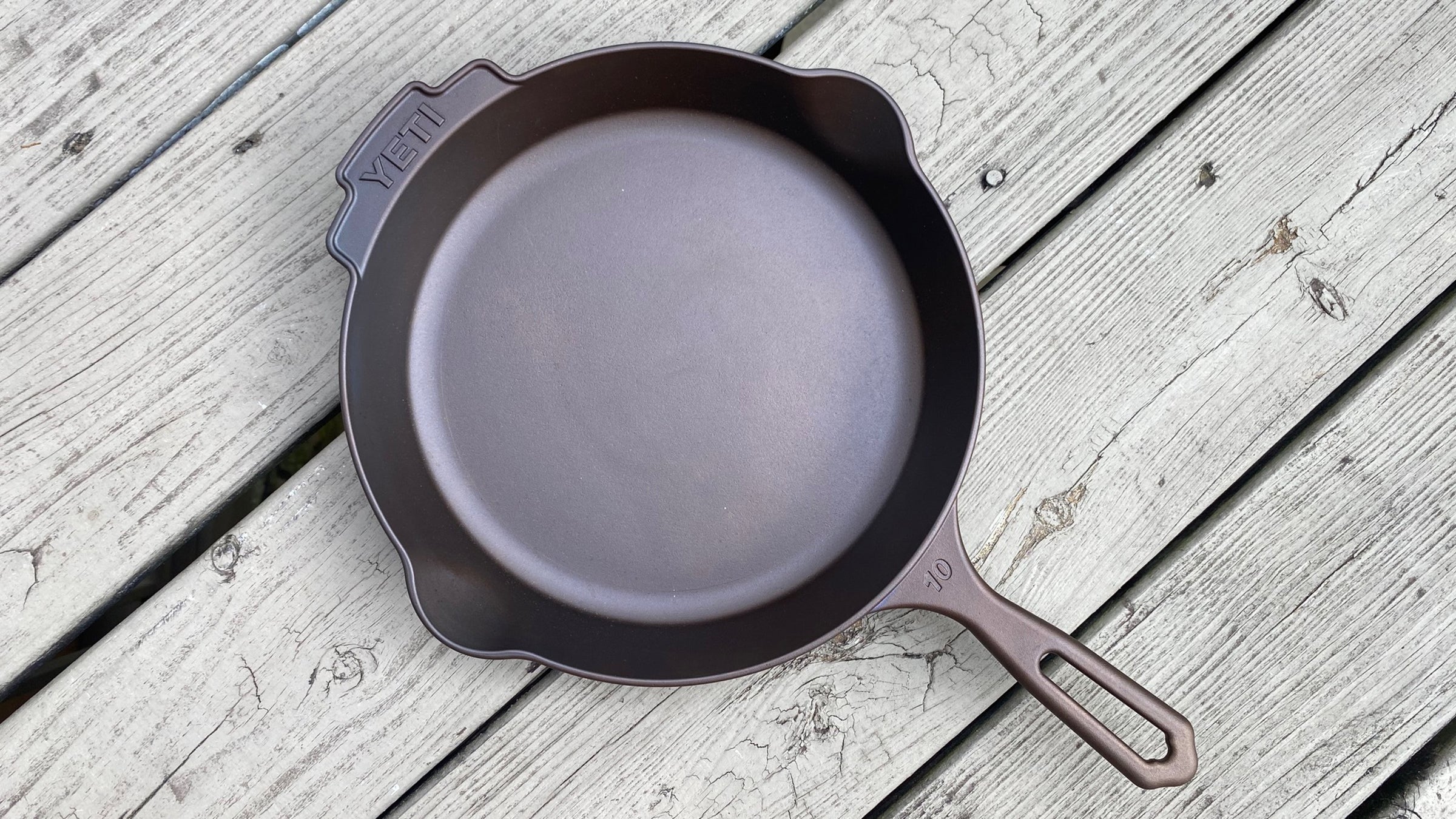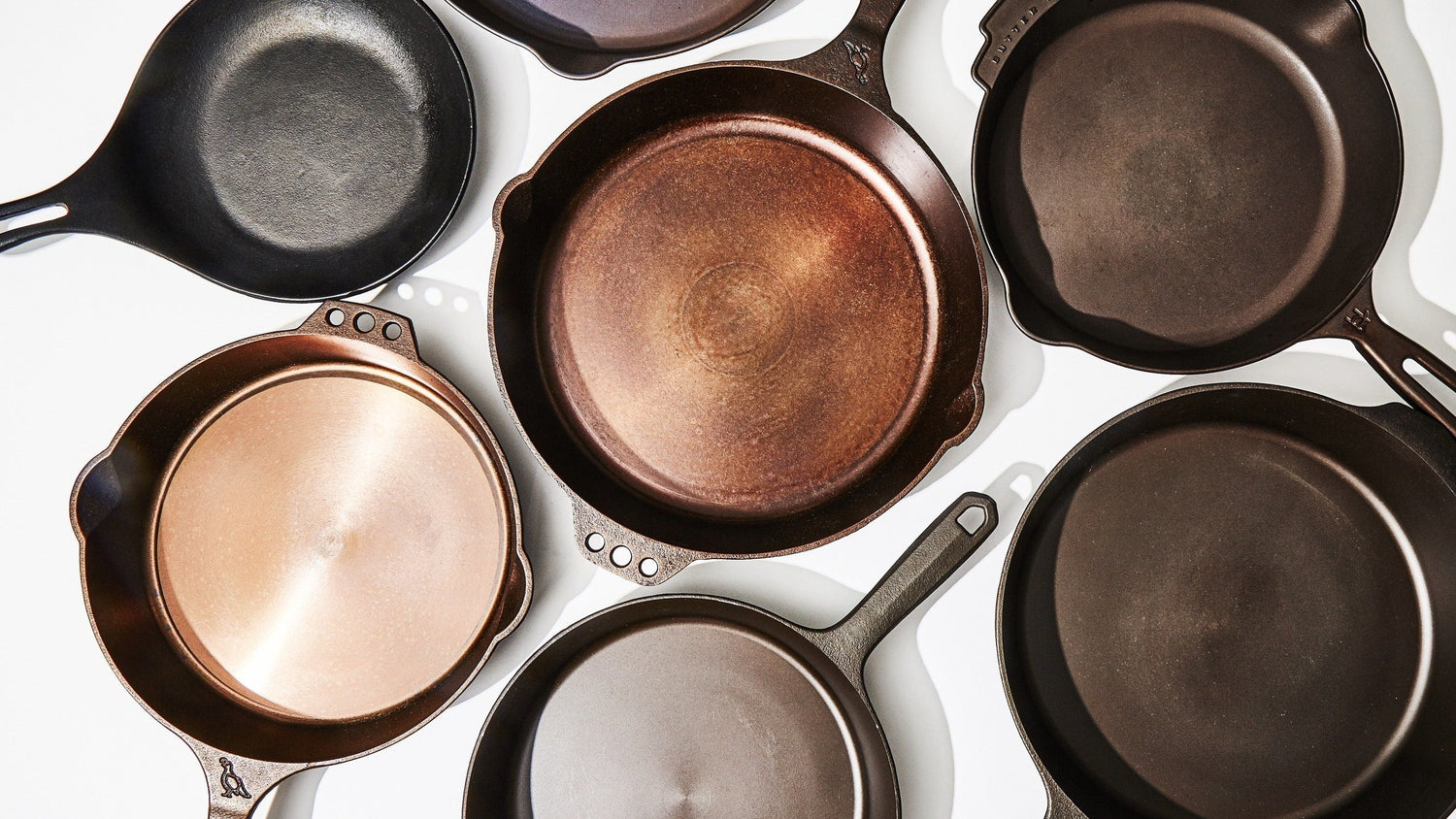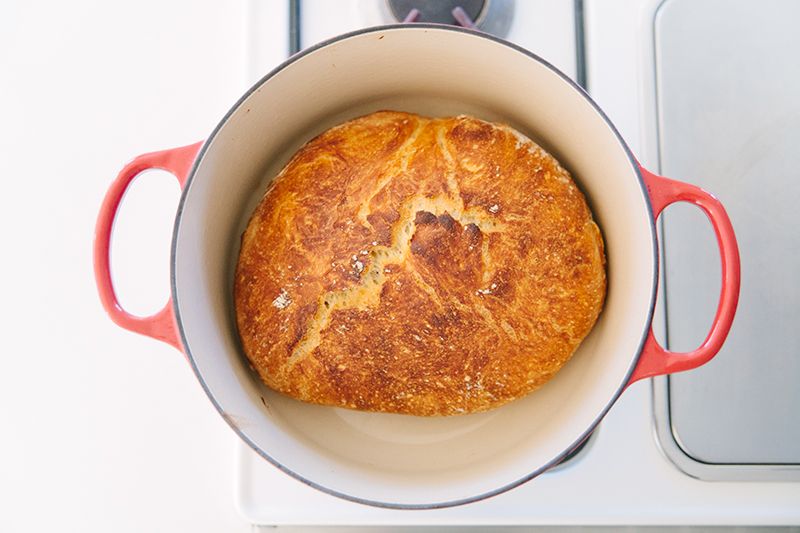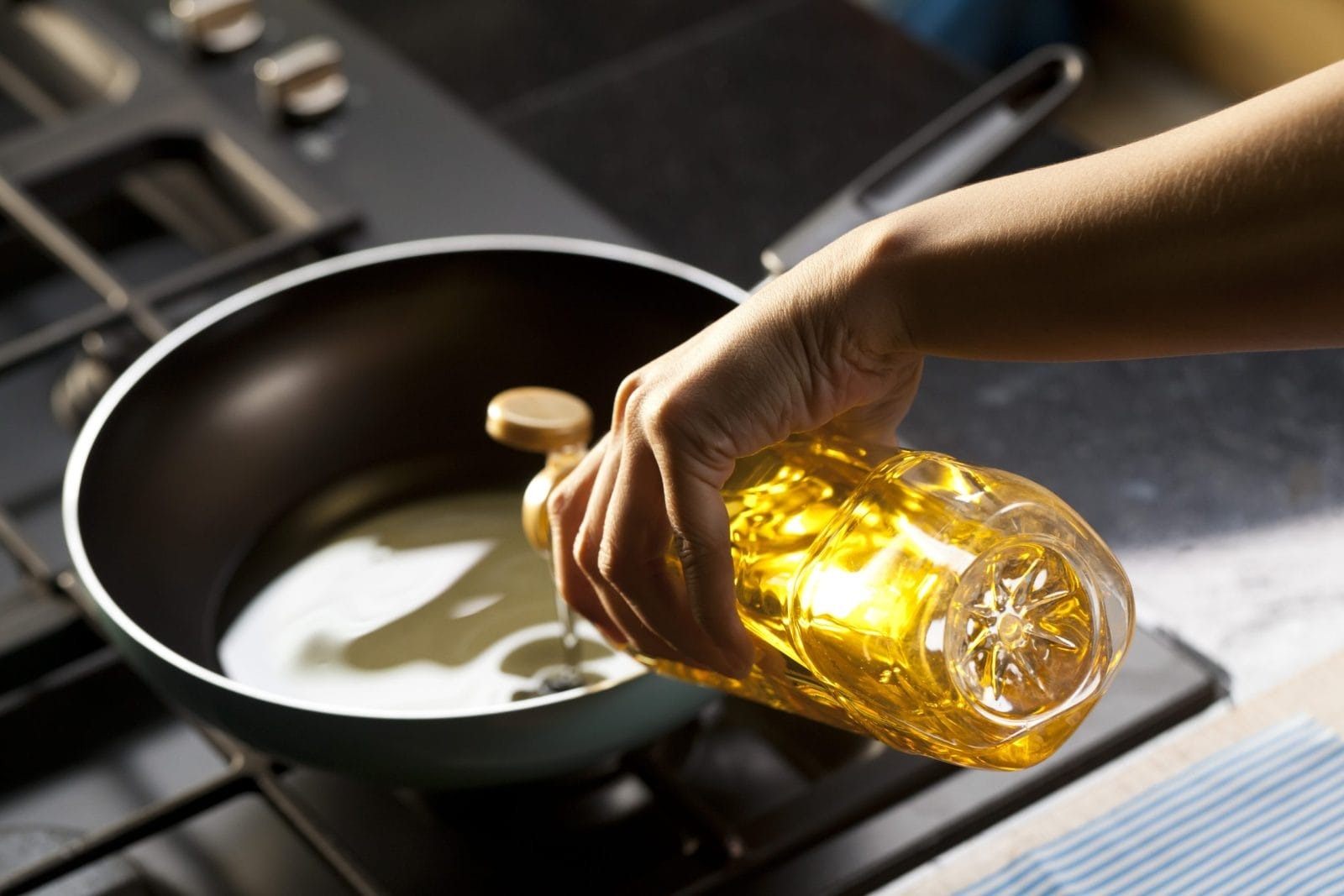Removing eggs from a cast iron skillet can sometimes feel like navigating a culinary maze. It's a common challenge that many chefs and home cooks face. How to remove egg from cast iron skillet is a question that many ask, especially when looking to preserve the seasoned surface of their beloved cookware. In this article, we will delve into effective techniques and practical tips that professional kitchen staff can employ to address this issue.
Cast iron skillets are cherished in kitchens for their excellent heat retention and even cooking capabilities. However, when it comes to sticking issues with foods like eggs, frustration can mount. Understanding how to properly manage egg removal from cast iron is essential for maintaining the quality and longevity of the skillet.

Understanding Cast Iron Skillet Seasoning
Before diving into the best methods of egg removal, its important to grasp the concept of seasoning a cast iron skillet. A properly seasoned skillet not only enhances flavor but also aids in preventing sticking. Seasoning involves coating the pan with oil and heating it, creating a natural non-stick surface. Without this crucial step, removing stubborn foods like eggs becomes a much more daunting task.
Common Mistakes to Avoid
When dealing with cooked eggs in iron skillets, several mistakes should be avoided. For instance, cooking on too high a heat or using insufficient fat can lead to eggs sticking stubbornly to the skillet. The wrong utensils can also scratch the seasoned surface, compounding the problem.
For further reading on how to ruin a cast iron skillet, click here.
Effective Methods for Egg Removal
Now that we understand the importance of seasoning, let's explore various methods to successfully remove eggs from a cast iron skillet:
1. The Water Soak Method
One of the simplest methods is to fill the skillet with warm water and let it soak for a few hours. This will help loosen any stuck egg remnants, making them easier to scrub away.
2. Scraping with a Spatula
For those eggs that refuse to budge, gently scraping the surface with a plastic or wooden spatula can help dislodge any stubborn bits. Remember to avoid metallic utensils that can damage the skillet's seasoning.
3. Using Baking Soda
Baking soda works wonders due to its abrasive nature. Create a paste with water, apply it to the sticky areas, and let it sit before scrubbing lightly. For detailed techniques on using baking soda, refer to our guide on cleaning cast iron with baking soda.
4. Hot Water and a Dishcloth
After cooking, pour hot water into the skillet and let it cool slightly before wiping it down with a dishcloth. This helps in loosening food particles while cleaning the skillet.
Maintaining Your Cast Iron Skillet
Regular maintenance is key for prolonging the life of your cast iron skillet. After removing eggs and cleaning, ensure you dry the skillet completely and apply a light coat of oil.
For insights on how to tell how old a cast iron skillet is, check our informative article here.
When to Reseason Your Skillet
Over time, even the best-seasoned skillets may require reseasoning. Signs to look for include dullness in the skillets surface or food sticking more easily. In such cases, refer to our comprehensive guide on resurfacing cast iron skillet.

Frequently Asked Questions (FAQ)
1. Can I use soap to clean my cast iron skillet?
While its not recommended for routine cleaning, a small amount of soap for tough spots is acceptable. Just remember to rinse well and dry thoroughly.
2. How often should I season my cast iron skillet?
Seasoning frequency depends on use. A seasoned skillet may only need reseasoning once or twice a year, more often with heavy use.
3. What should I do if my skillet starts to rust?
To remove rust, scrub the area with a steel wool pad, rinse, dry, then reseason the skillet thoroughly after the rust is gone.
If you're looking to clean your skillet without any fuss, take a look at this helpful resource from Good Housekeeping.
As an Amazon Associate, I earn from qualifying purchases.






Leave a comment
This site is protected by hCaptcha and the hCaptcha Privacy Policy and Terms of Service apply.